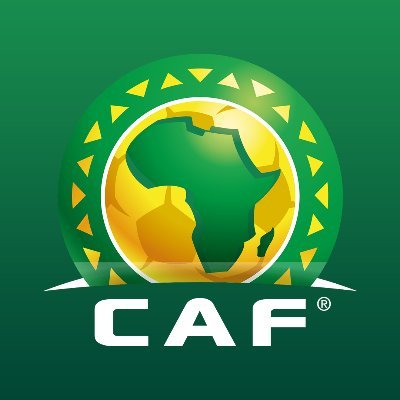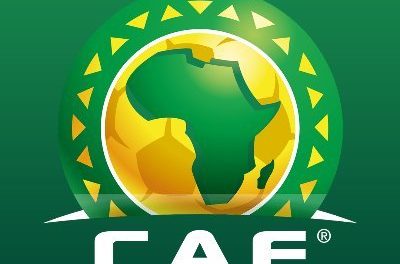A ban on several stadiums across Africa looks set to hit the opening rounds of the continent’s 2022 FIFA World Cup qualifiers in June.
A total of 10 nations of the 40 taking part in the qualifying campaign face the prospect of ‘hosting’ matches next month outside their borders due to their stadiums not meeting the required standards as per CAF and FIFA.
We had earlier written about Uganda having to consider playing their home games at neighbours Tanzania’s stadium given that their main stadium was under the quality levels and the FUFA lacked funds to make the necessary upgrades. This is just one of several incidents in the country where teams have lacked the infrastructure to host games at the highest level.
The Confederation of African Football (CAF) sent out a circular to member associations this week that included a list of approved stadiums for the first two rounds of group matches.
Those affected include Senegal, the highest-ranked African team, currently. The nation competed at the last World Cup in Russia in 2018, and Mali, who are also among the top-seeded teams for the preliminaries.
Burkina Faso, the Central African Republic, Liberia, Malawi, Namibia, Niger and Sierra Leone have all not had their home stadiums approved as the CAF has not allowed for any leniency given the poor infrastructure around the continent.
These nations now face a tight deadline to upgrade their venues before the first set of matches that begin on 5th June or they will have to host them elsewhere.
Senegal kicks off their Group H campaign at home to Togo in the first week of June, but their iconic Leopold Senghor Stadium is closed for renovations and alternate venues used for recent internationals were declared unfit by the CAF.
DR Congo, Libya and Uganda have had their main stadiums rejected but will still be able to play at home at smaller, alternate venues that got the approval from CAF.
The group phase of Africa’s World Cup preliminaries has 40 countries divided into 10 groups of four. They will play six matches each through until October.
In November, the group winners will be split into five playoff ties with the aggregate winners qualifying for the World Cup that is set to be held in Qatar next year.
African football has long been affected by poor stadium facilities and sub-standard pitches and the CAF have steadily shown more resolve in banning venues to try and push the standards up so that football can grow in the continent.
In March, however, a similar ban on several stadiums across the continent for the last round of the CAF Africa Cup of Nations qualifiers was lifted at the last minute given the circumstances. CAF gave no explanation for the change of heart but they seem to be firm on this decision given there is still a month to go before the start of the qualifiers.






